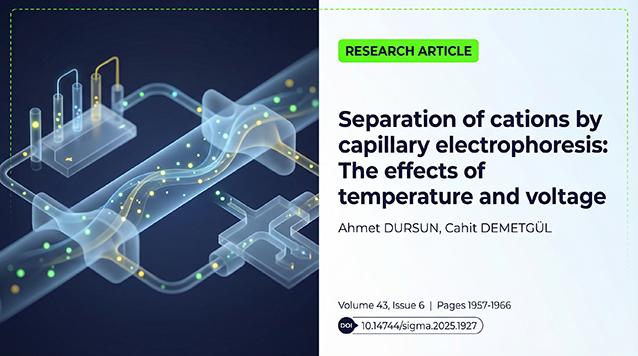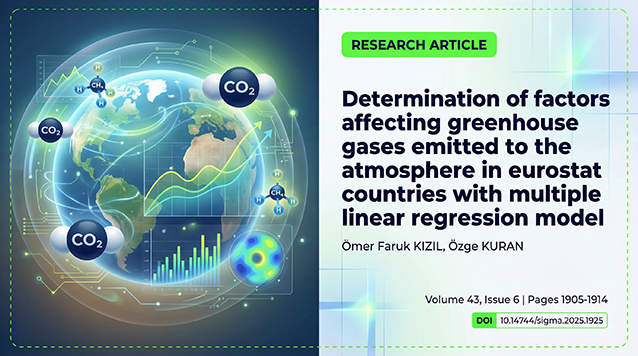Abstract
This paper presents a comprehensive study on enhancing the dynamic performance of a turbine-generator set connected to an infinite busbar, with a primary focus on mitigating sub-synchronous resonance in a series-compensated transmission network. SSR is a critical phenomenon that threatens turbine-generator systems by inducing harmful oscillations in generator rotor shafts, potentially leading to severe damage. To address this issue, the study employs the IEEE first benchmark model, without natural damping, and proposes a robust solution involving a Static Var Compensator coupled with an optimal controller optimized through a hybrid Cuckoo Search Algorithm-Gray Wolf Optimization approach, benchmarked against the Bacterial Foraging Optimization Algorithm. The study considers zero inherent damping to simulate the most severe conditions, while natural damping is included for comparative analysis. Eigenvalue analysis and MATLAB Power System Blockset simulations demonstrate significant improvements in system damping characteristics, with eigenvalues shifting towards the left half-plane and a notable reduction in peak rotor shaft oscillations compared to BFOA-based control. Time-domain analysis confirms the system's effectiveness, with the hybrid CSA-GWO technique achieving superior damping, minimal peak time variation, and the best improvement in settling time and overshoot, especially at higher series compensation levels. The study concludes that the hybrid CSA-GWO-based controller not only enhances the system's response to disturbances but also outperforms over BFOA Algorithm, offering faster, more effective mitigation of SSR and significantly improving the dynamic performance of the turbine-generator system.















